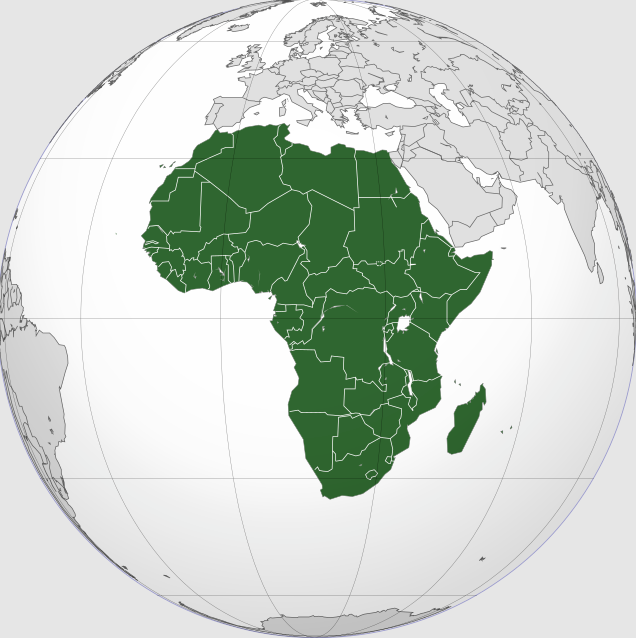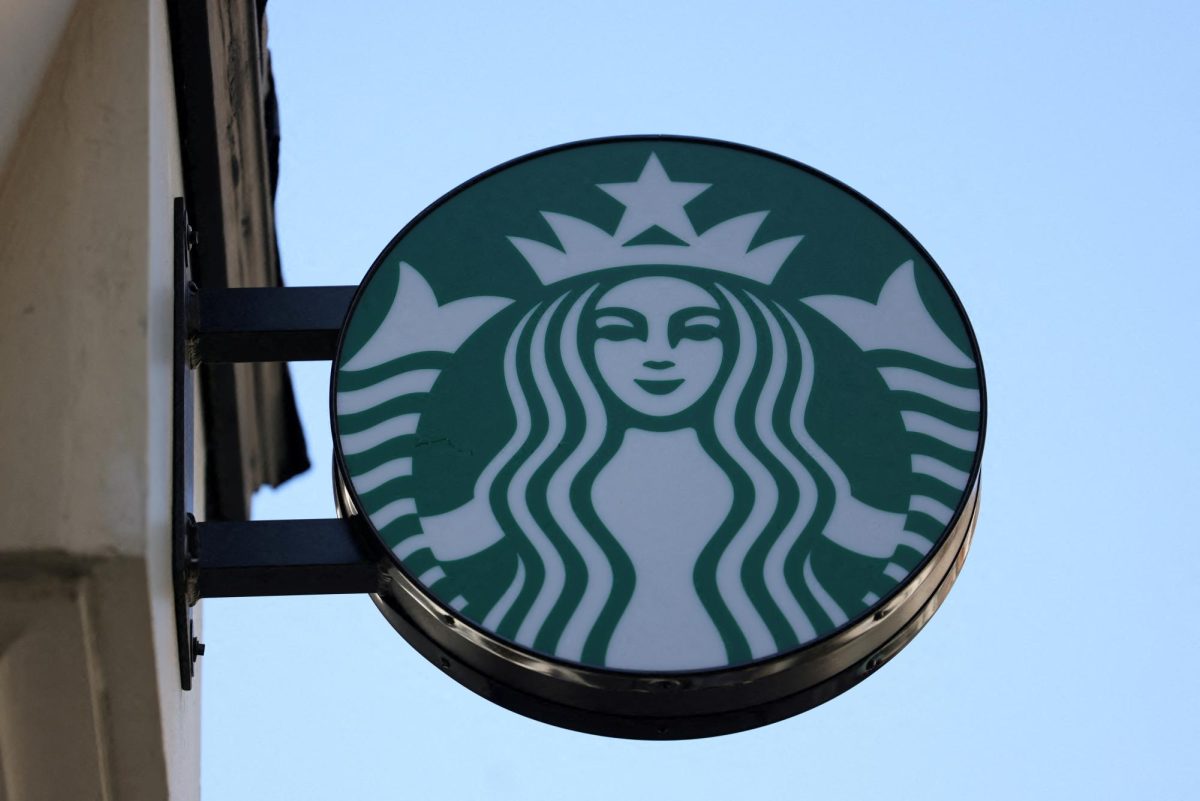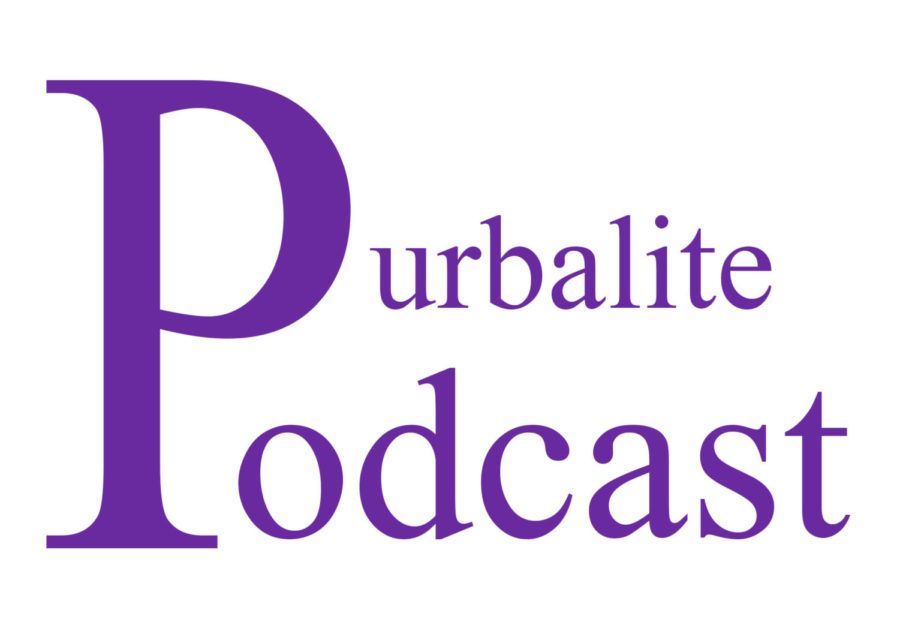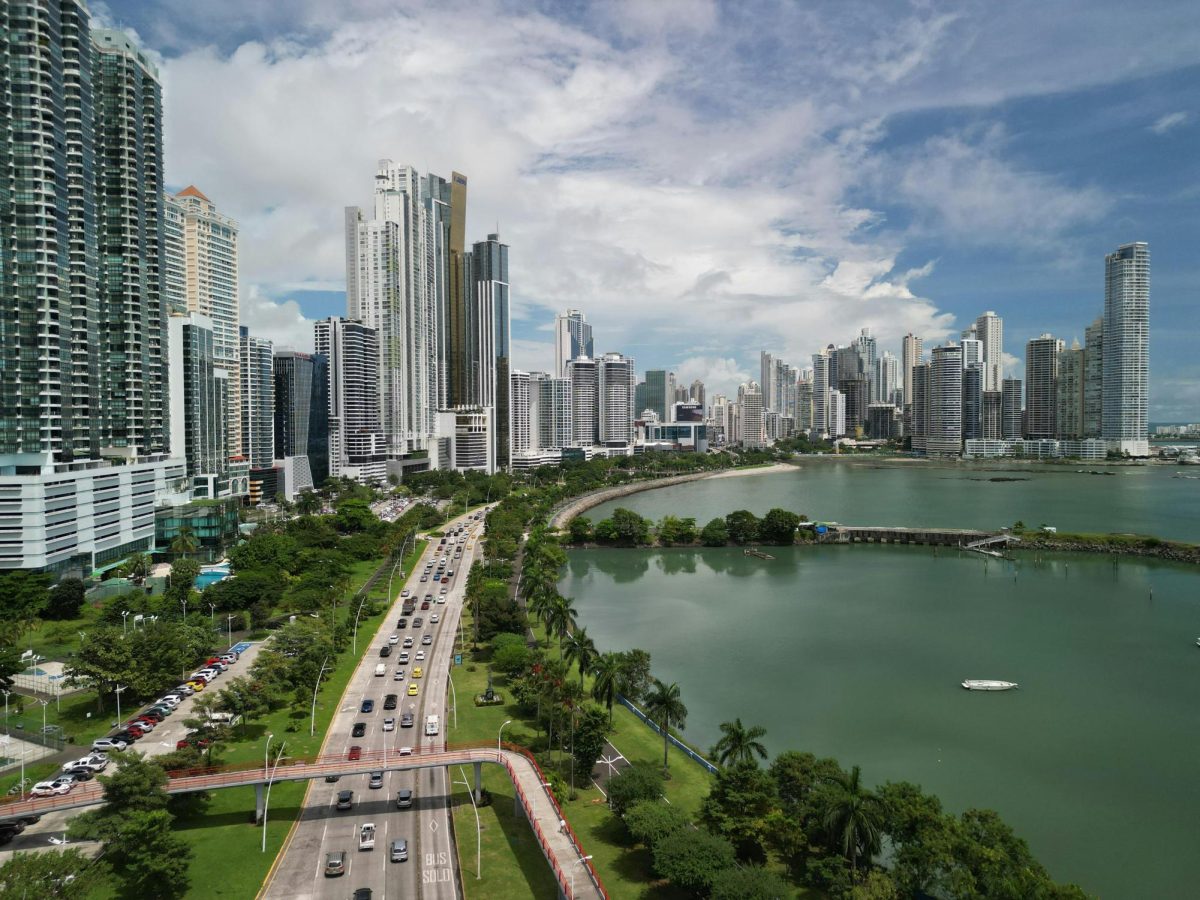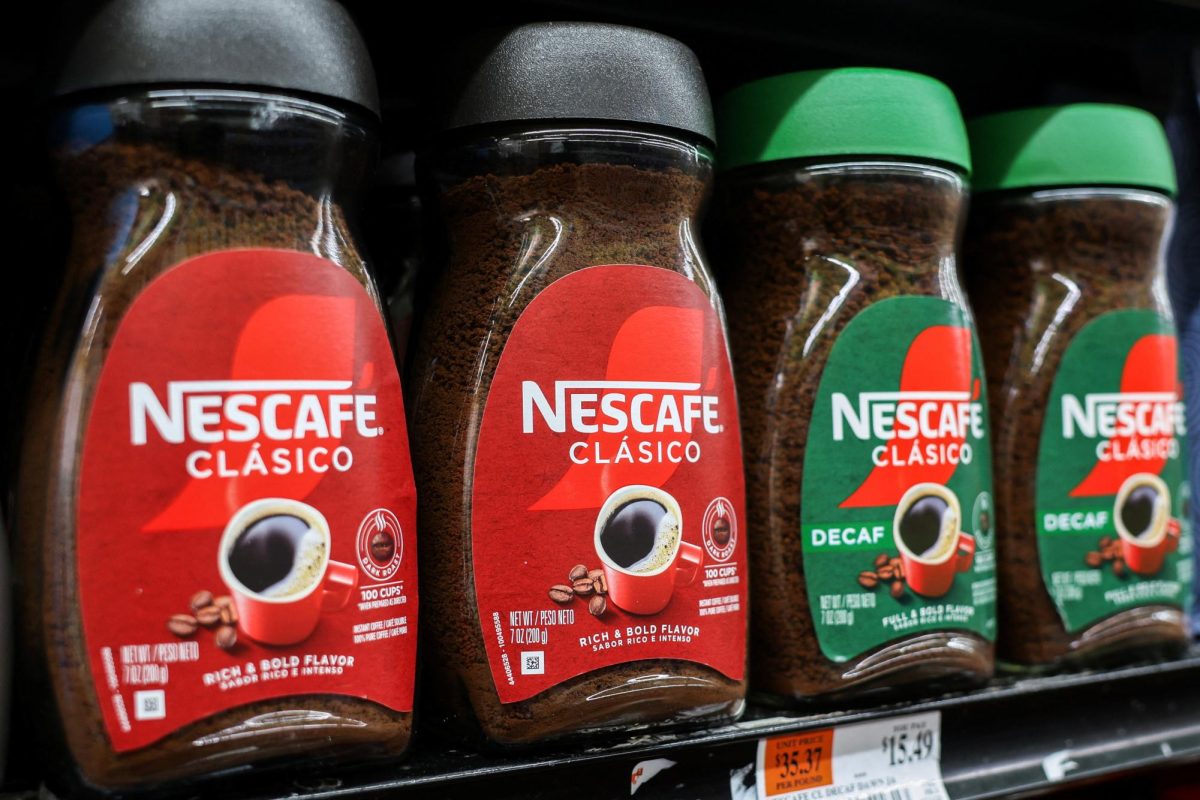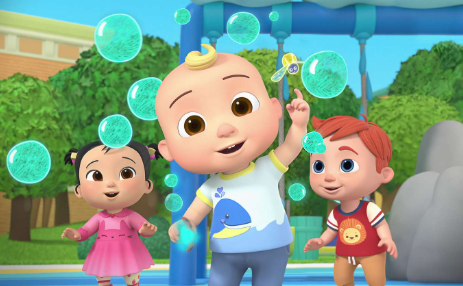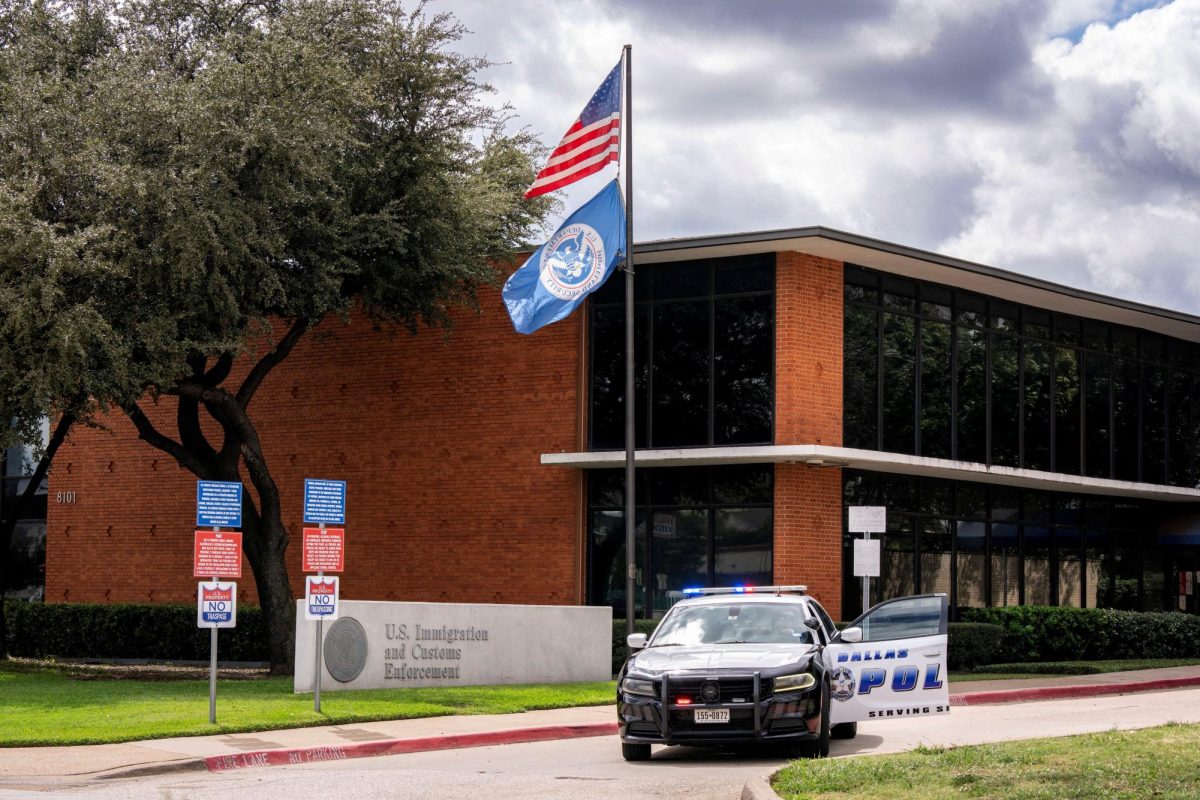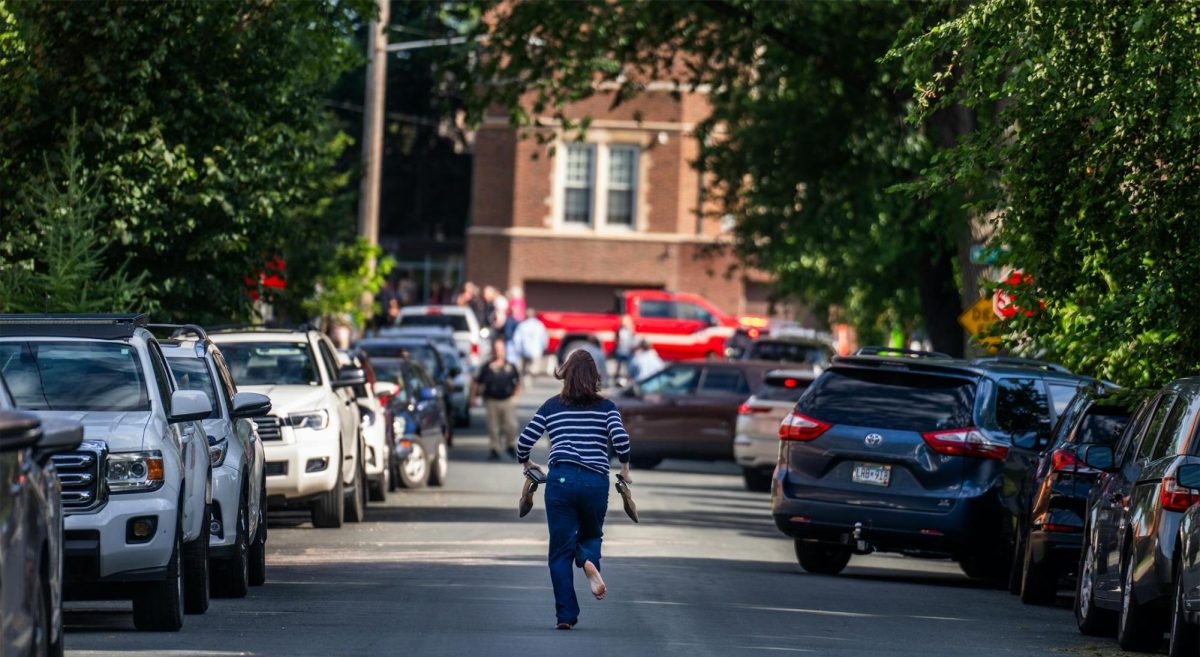Recently, some people on social media have been saying that “Africa is not poor.” But this does the people of Africa a disservice.
There are indeed wealthy areas in African countries, so labeling the whole continent as poor would be a hyperbole. It is great that some people now appreciate that those affluent parts of the continent exist since an older stereotype incorrectly said all of Africa was poor.
However, most of the continent lives below the poverty line. By saying “Africa is not poor,” people obscure the economic struggles of Africans who live in poverty. Much needs to be done to address the severe deprivation of resources in these areas.
Highlighting the luxurious and beautiful areas makes evident the grotesque and glaring wealth gap between the minority of rich individuals and the majority of the impoverished. This is why saying “Africa is not poor” is inherently incorrect.
According to data from Statista.com, 431 million individuals in Africa are living below the extreme poverty line. In comparison, that would be like if every individual in the United States – plus an additional 100 million people – were living in extreme poverty. It would be as if 57 percent of the entire continent of Europe were living in extreme poverty.
My father, who was born in Nigeria, had an interesting answer to the question of Africa’s wealth or poverty.
“Africa is a rich continent, but that wealth rests in the hands of few people. Wealth is not distributed, which is the reason for corrupt governments and high crime rates,” he said.
Africa’s current state is an accumulation of various attributes, such as questionable leadership and long-lasting damages left by former colonial rulers.
In the transatlantic slave trade of the mid-1700s, many of Africa’s natural resources were exploited by imperialist countries. Hence the reason for the continent’s economic and physical state, is that most of the countries gained independence just a little over half a century ago.
Further complicating the issue, the entire continent of Africa cannot be seen as one single place, as it comprises 54 drastically different countries with contrasting internal situations.
For example, according to usaid.gov, Rwanda says it is making major “economic and structural reforms” in the aftermath of the genocide that occurred 30 years prior. Meanwhile, as of September, according to Global Finance magazine, South Sudan is the poorest country in the world.
So instead of choosing a side in the debate over Africa’s economic affluence, why not investigate why so many African individuals, decades after colonization, still reside in shockingly poor conditions?

